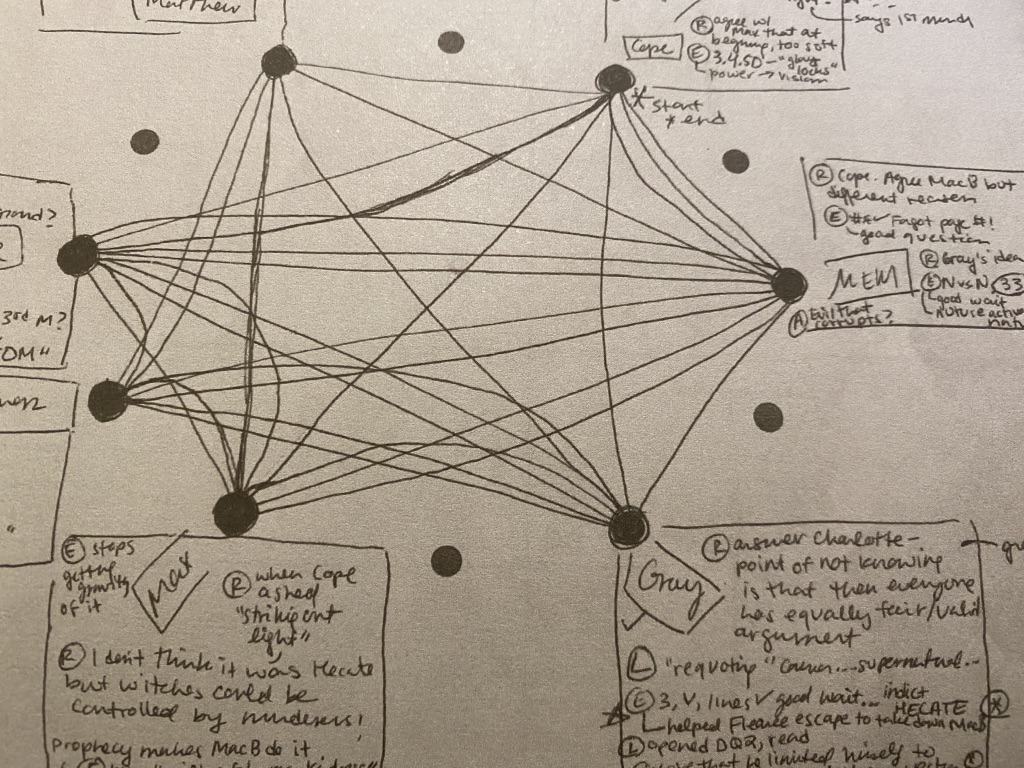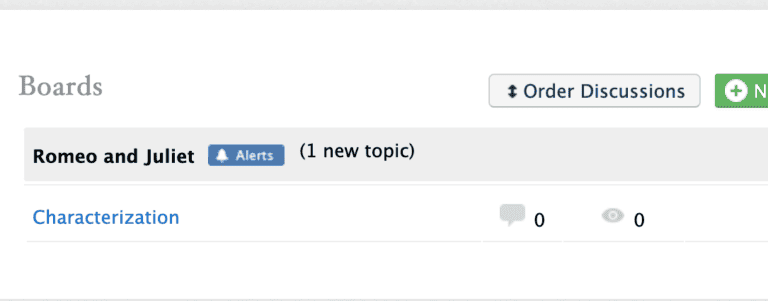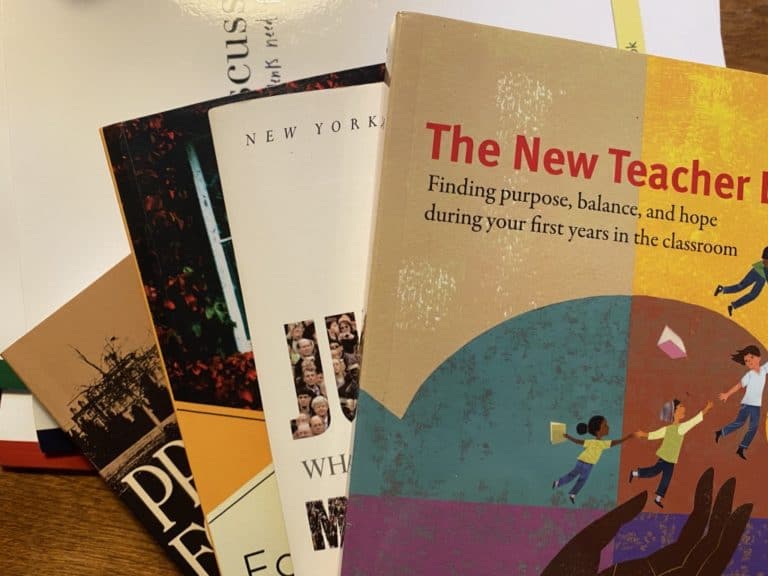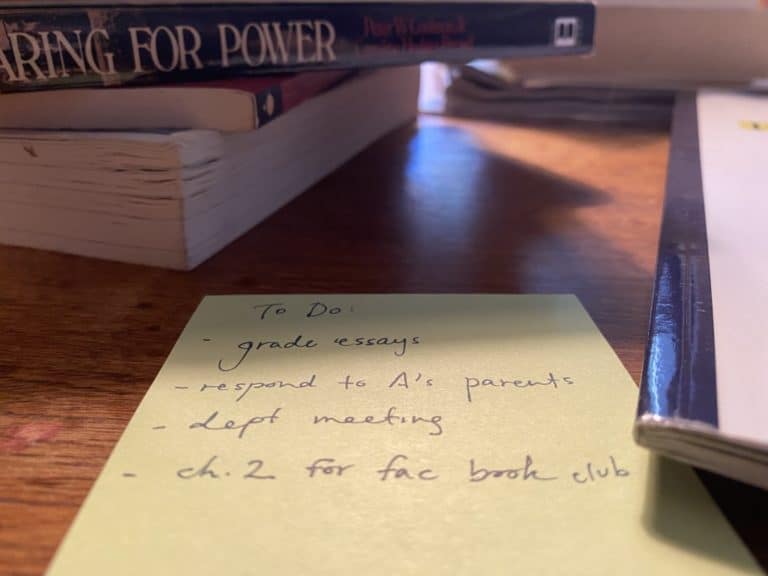Metaphors for (and against) education
Footnotes posts summarize the newest research related to student-led discussion. Think of it as teacher-approved SparkNotes (with better citations) for papers published by top schools of education, research-based websites, and think tanks.
Alex Guilherme and Ana Lucia Souza de Freitas, “Discussing education by means of metaphors.” Guilherme and Souza de Freitas’s fascinating analysis in Educational Philosophy & Theory apprehends metaphors used to describe education across history. Metaphors, they write, can help their users to make sense of the world; they help to bridge boundaries between disciplines and areas of study by carrying operations to a conceptual level. When used to describe education, though, metaphors often serve to point out problematic structures in education; Guilherme and Souza de Freitas draw in Martin Buber’s description of education as objectification of the Other and Paulo Freire’s description of banking education to show that, historically, metaphors are useful in describing potential, and potentially worrisome, relationships between students and teachers. In the contemporary era, they point our discourse in scholarship and media that emphasize what they call the “marketisation” and “learnification” of education; or, the application of economic and market metaphors to systems of education. These metaphors, while they can make systems coherent in society as a whole, can also erode the possibility of changing them. We love the way that this exploration challenges us to rethink the ways we describe what we do and deeply consider the role of discourse on — and metaphors of — education shapes the work that we do in the classroom.





